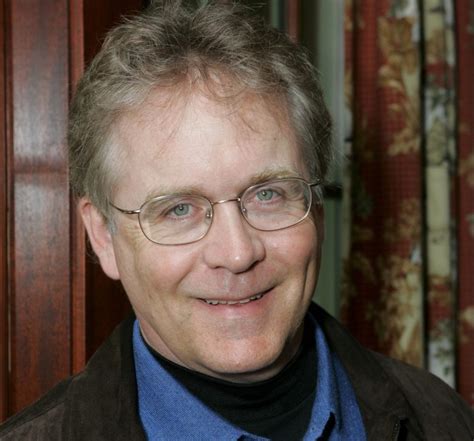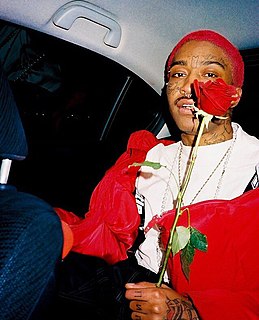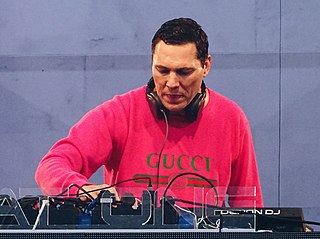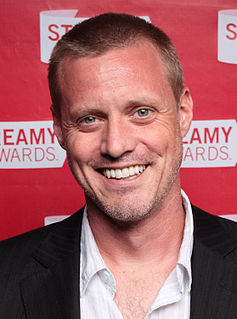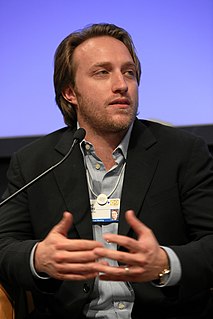A Quote by Mark Frost
I take all the best parts of YouTube, Twitter, and Facebook, and combine them into a whole new service called … YouTwit-face.
Related Quotes
Video is growing very quickly on Facebook. A lot of people compare that to YouTube. I think that kind of makes sense. YouTube isn't the only video service, but I think it's the biggest, and it probably makes more sense to compare Facebook video to YouTube rather than Netflix because that's a completely different kind of content.
It all stems from the same thing - which is that when we are face to face - and this is what I think is so ironic about Facebook being called Facebook, because we are not face to face on Facebook ... when we are face to face, we are inhibited by the presence of the other. We are inhibited from aggression by the presence of another face, another person. We're aware that we're with a human being. On the Internet, we are disinhibited from taking into full account that we are in the presence of another human being.
I love Twitter, you know? I try to read everything I can on Twitter. You get so much nice feedback about stuff, you know you just put out a sentence and everybody laughs or everybody's just sending something back. It's amazing. Same with Facebook, you know? I'm a lot on Facebook and it's just - it's just amazing. And YouTube, of course, as well.
If you think of the product as a service, then the separate parts make no sense - the point of a product is to offer great experiences to its owner, which means that it offers a service. And that experience, that service, comprises the totality of its parts: The whole is indeed made up of all of the parts. The real value of a product consists of far more than the product's components.
